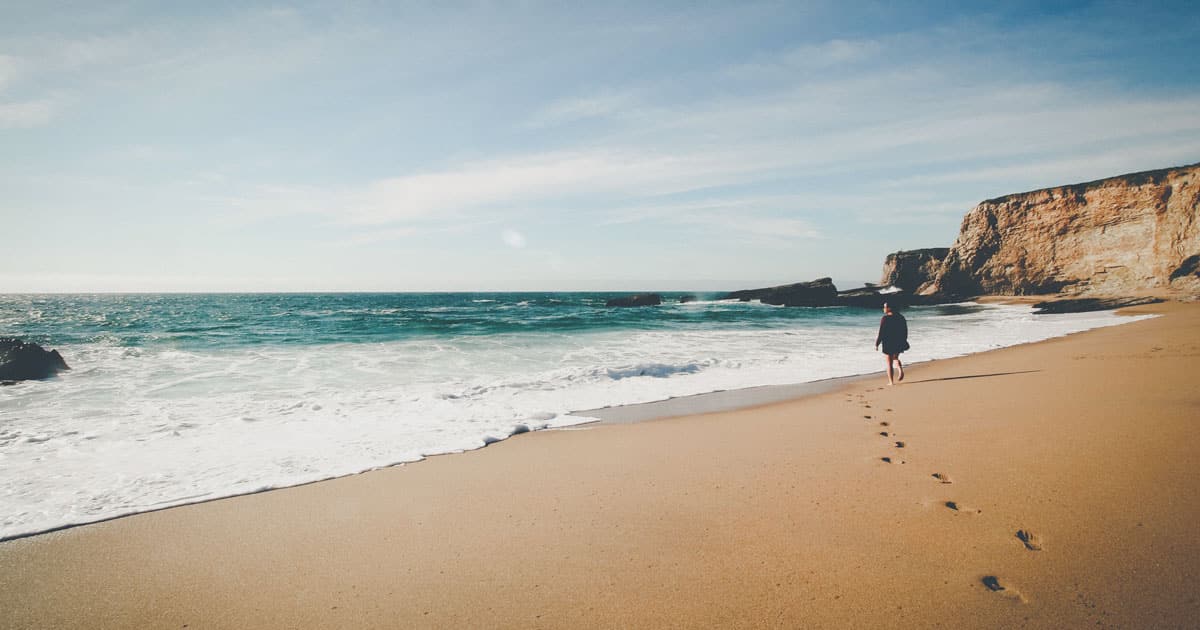
Tag: Australian Drinking Culture

Should people under 40 stop drinking alcohol?
Should people under 40 stop drinking alcohol? Studies and their findings can be used to inform us of any health risks and benefits.

Build a better drinking culture – how to use your month off booze for good
Did you take part of dry month? Why not use your insights to make a difference and build a better our drinking culture?

Being confident without alcohol – the ‘liquid courage’
Alcohol can seemingly boost confidence, but relying on this ‘liquid courage’ suppresses our senses to gauge risk or social cues. Read our tips to be confident without alcohol.

Alcohol makes a breakup worse – here’s some tips to deal with a broken heart without alcohol
Alcohol is often used to aid heartbreaks. As a depressant it also heightens those uncomfortable feelings. See three ways to process breakups without hangover.

How to regroup after a tough day, without turning to alcohol
Being able to recognise what sets you off and triggers you to reach for drink is a critical step in limiting your alcohol intake.

Say hello to Hello Sunday Morning and see how we can help
Hello! If you’ve been rethinking your relationship with alcohol and have stumbled across us, or signed up for our updates, we’d love to show you around.






